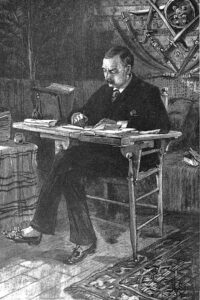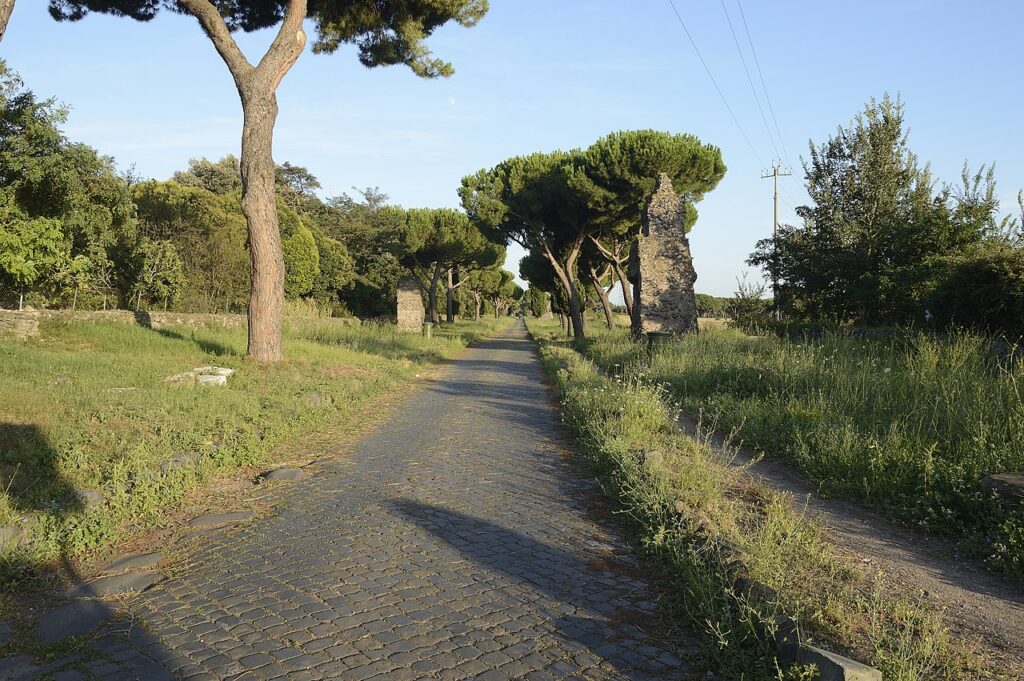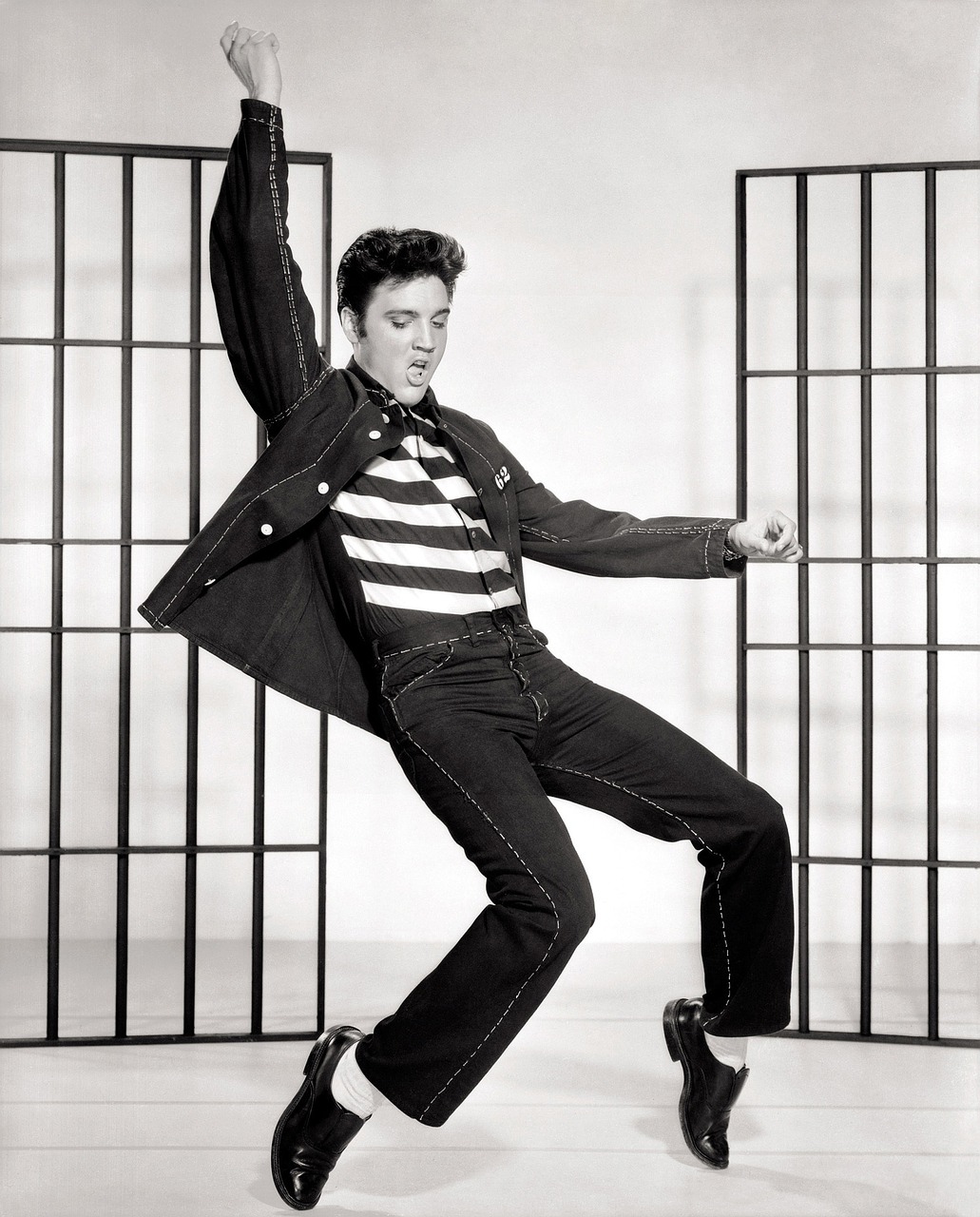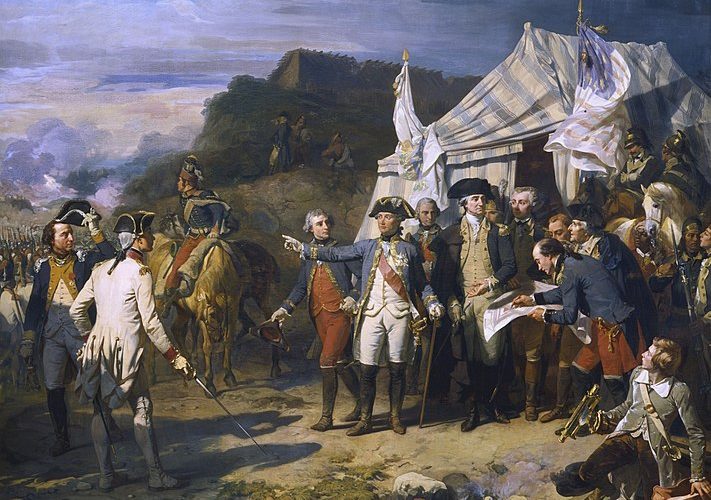by P. T. Deutermann Doing the research for my latest novel, Iwo, 26 Charlie, was a difficult process. When I first came up with the idea of doing a book about Iwo Jima, I thought I knew what had...
by P. T. Deutermann
Doing the research for my latest novel, Iwo, 26 Charlie, was a difficult process. When I first came up with the idea of doing a book about Iwo Jima, I thought I knew what had happened there. I didn’t. I had not even begun to appreciate the scale of the carnage, the grotesque battle environment, the terrifying aspect of an enemy who wanted to die in battle, and the consequences of the battle’s overall commanders thinking this would be all over in just a few days—and planning accordingly.
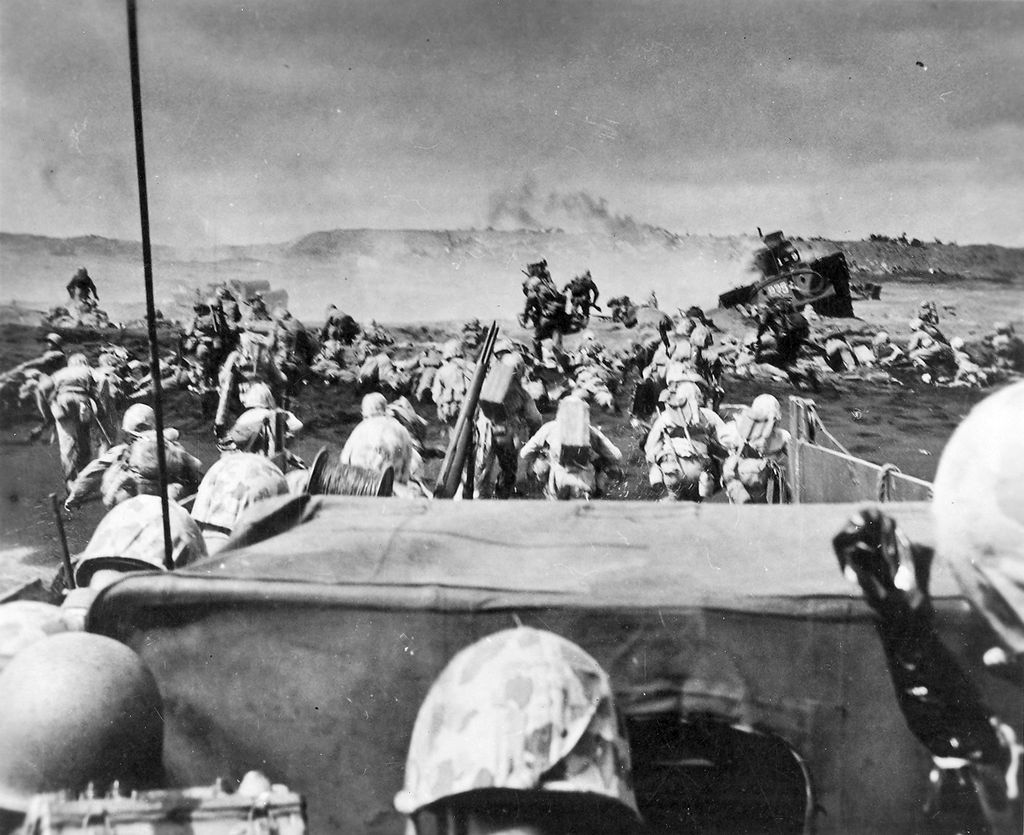 Marines landing on Iwo Jima.
Marines landing on Iwo Jima.The battle was officially fought between 19 February and 14 March, 1945; Iwo was declared ‘secured’ on 4 March, even though there was still heavy fighting going on in the lava hills. The reason for this somewhat premature declaration of victory was that Washington needed to finish near-term preparations for the coming assault on Okinawa, scheduled for 1 April. And that schedule was being driven by Washington’s plans for a final assault on homeland Japan, planned for early 1946. In Washington’s view, Iwo was supposed to have been a sideshow. In retrospect, it turned into a shocking disaster.
Many people don’t know that Iwo Jima (Sulfur Island) was actually part of one of the home island’s prefectures (think counties). Even though it was 2,000 miles from the southernmost island of Kyushu. American planners realized that Okinawa would most probably be considered by the Japanese as an attack on the homeland. The Japanese, on the other hand, also thought that way about Iwo. They also had no illusions about whether or not an attack on Iwo was coming. One look at the map told them the Americans needed the airfields on Iwo, and thus the island was not going to be skipped over. They also had no illusions about how things were going to come out if the US Marines came to take Iwo. The commander of Japanese forces on Iwo, Lieutenant General Tadamichi Kuribayashi, allegedly stated: The Americans will take Iwo Jima. What is important is that we, the defending forces, make that capture so expensive to them in terms of dead and wounded, that they might think twice about trying to take our home islands, themselves. Which is, of course, exactly how this catastrophe of an amphibious landing turned out.
After almost 80 years, the casualty figures are pretty much agreed upon. The Americans committed three Marine Divisions, about 60,000 men, and 40 support ships, ranging from battleships and light-carriers to hospital ships and service-force units to the battle. The Japanese defending forces numbered about 21,000, and they had had sufficient time to ‘condition the battlefield,’ in the sense that it was perfectly set up to maximize the island’s natural defenses: bomb and shell-swallowing black pumice sand, the porous sides of the volcano, and the twisted lava hills around it. The butcher’s bill for the Americans is agreed at 6,871 killed and some 19, 217 wounded. Of the 21,000 Japanese, only 216 had surrendered by the end, and another estimated 2,000 went to ground in the tunnels, where most died of starvation or in resisting capture. The last live Iwo defenders came out and surrendered in 1949. The three Marine divisions that landed, (3rd, 4th, and 5th ), which had been counted upon to participate at Okinawa, were essentially wrecked. They were also written out of the long-range plans for the ultimate invasion of Japan, except as possible reserves.
Okinawa was another bloodbath (49,151 Americans killed or wounded), one in which, for the first time in the island-hopping campaign, naval forces experienced more casualties than the land forces. This was because the Japanese began employing mass formations of suicide planes (kamikaze) against the offshore fire support and radar picket stations. When the battle of Okinawa was finally declared ‘over,’ it was the Americans who no longer harbored any illusions about what the invasion of Japan, proper, would be like, with official planning estimates of over one million allied casualties to be expected. That was because Japan had by then begun training and indoctrinating every man, woman, and child to fight and die for their homeland. This represented a potential defensive force of 71 million people. In my next book, which will be called Second Sun, I describe how the calculus surrounding whether or not to actually use the atomic bomb was heavily influenced by the lessons learned about the Japanese psyche of defensive warfare at both Iwo and Okinawa. Iwo surprised the Americans; Okinawa confirmed, in spades, what the fighting on Iwo had revealed.
Iwo was returned to Japan in 1968. The Japanese government now allows outside visitors to come once a year, but they must come through the good offices of one of three Japanese tour companies who can put the expedition together. Most of the men who fought there, of course, on both sides, have long since gone ahead, but there are thousands of Japanese families who yearn to see and feel where their grandfathers probably lie, out amongst the sulfur-stained crags of Suribachi, or beneath the black pumice sands of the beaches, or way down in the hot, long-sealed, and scorched caves and tunnels that still litter the island. Some twenty-thousand of them, by all accounts, their steely spirits ready and waiting through eternity for anyone else who wants to come and take Iwo from them.
 Photo Credit: Cynthia Brann
Photo Credit: Cynthia Brann
P. T. Deutermann is the author of many previous novels including Pacific Glory, which won the W. Y. Boyd Literary Award for Excellence in Military Fiction. Deutermann spent twenty-six years in military and government service, as a captain in the Navy and in the Joint Chiefs of Staff as an arms-control specialist. He lives with his wife in North Carolina.
The post The Spirits of Iwo Jima appeared first on The History Reader.




